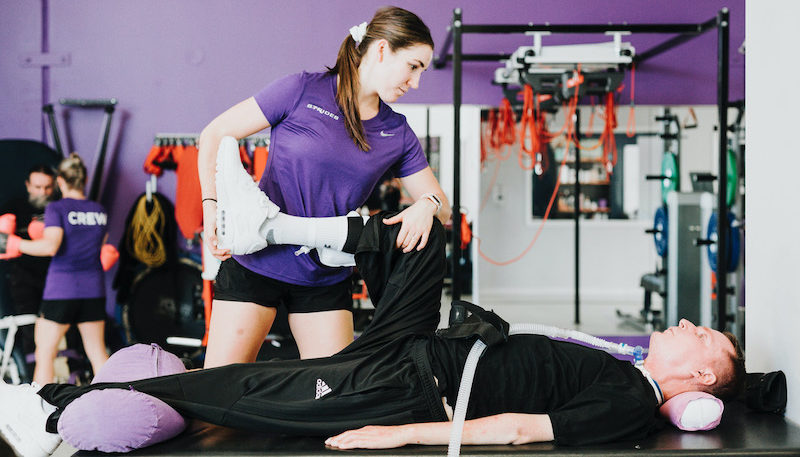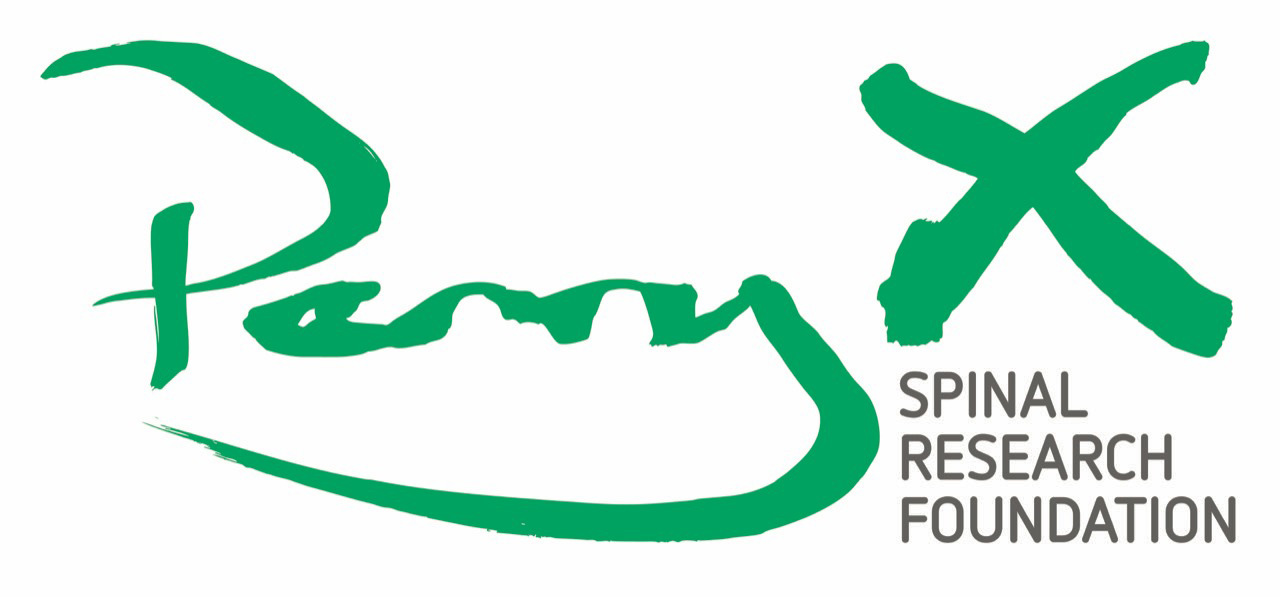
June 2025 Update from Griffith University
The feasibility clinical trial, GUSIP02, aimed to test the feasibility and acceptability of an intensive long-term rehab program for people living with spinal cord injury, particularly those who had previously had little experience with rehab. The trial also included participants from a wider geographic area as feedback from the community during the planning stages suggested that some people were willing to travel for up to 1.5 hours to get to the rehab provider.
Five participants were enrolled for the trial and overall feedback has been positive, with participants enjoying the exercise and the challenge. Genny from Making Strides felt that the cohort for this trial was probably more realistic to the regular spinal cord injury population, in terms of interruptions and medical issues, and daily expectations. In comparison, the previous rehab trial GUSIP01 had people who had previous high levels of rehab experience. Thus, it is good to see that regardless of experience that participants in both trials enjoyed the program and completed the assigned tasks.
The outcomes of the study will be published soon, and have provided the justification for including the intensive, long-term rehab program in the upcoming cell transplantation and rehabilitation clinical trial. In the cell + rehab trial, participants will undergo the “prehab program” for three months, followed by the cell transplantation and then eight months of further rehab. The prehab program was which was tested in the GUSIP02 trial is what will be used in the cell transplantation + rehab trial and gives us confidence that participants in the upcoming trial be able to complete the rehab programs.
For more information please contact:
Prof James St John – j.stjohn@griffith.edu.au
Clem Jones Centre for Neurobiology and Stem Cell Research, Griffith University
Thank you to our wonderful community for supporting this important part of the preparation for the human clinical trial. This project has been fully funded by the Foundation at a cost of $420,000.



